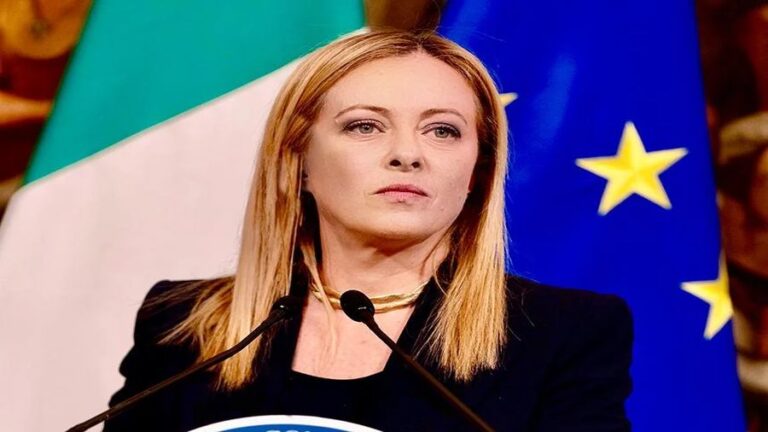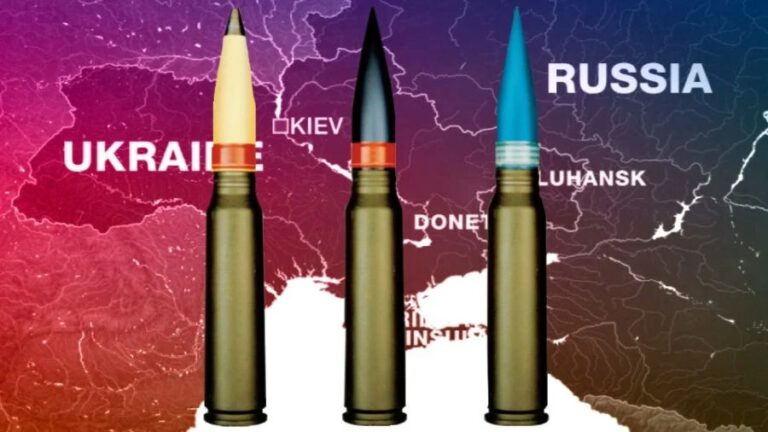Russia’s Foreign Policy Progressives Have Trumped the Traditionalists
Russia’s foreign policy “rebalancing” is the result of its progressive “deep state” faction obtaining more influence than the traditionalist one in deciding grand strategy.
Many observers of Russian foreign policy have been left confused over the past couple of years as Moscow’s deft geostrategic maneuverings in the “Ummah” caught them completely off guard, as they never expected for Russia’s “Pivot/Rebalancing to Asia” to take on Muslim proportions in South-Central Eurasia. Most of these same people have difficulty accepting Russia’s moves, and instead have sought to either ignore, downplay, or craft outlandish conspiracy theories about them. The partnerships drawing the most controversy are those which Russia has recently reached with Turkey, Saudi Arabia, Azerbaijan, and Pakistan, and the reason why they’ve created such a fuss is because they fly straight in the face of everything that the foreign policy “traditionalists” stand for.
The “progressive” faction of the Russian “deep state” (permanent military, intelligence, and diplomatic bureaucracies) understands that their country needs to flexibly adapt to the full-spectrum paradigm changes taking place across the globe as the emerging Multipolar World Order progressively enters into force. This means reconceptualizing Russia’s 21st-century geostrategic role and perceiving it as striving to become the supreme balancing force in the Eurasian supercontinent, which necessitates reaching mutually advantageous arrangements with non-traditional partners. The traditionalists, however, believe that Russia shouldn’t ever diversify from its existing partners in any way that could even remotely upset them, which symbolizes their extremely dogmatic and unflinching approach to the issue.
These traditionalists think that Russia either isn’t serious about its newfound partnerships or is engaging in them out of desperation to “keep one’s enemies close”, refusing to acknowledge that Moscow is actually very committed to deepening relations with each of its new partners and has sincere intentions to enter into multiple trust-building initiatives with them. For example, it’s ridiculous to suggest that Russia’s S-400 (military), Turkish/Balkan Stream (energy), and Astana (diplomatic) ties with Turkey are anything but genuine and designed to bring the two sides closer than at any moment in their histories. The same goes for its OPEC, investment, and potential arms ties with Saudi Arabia; its all-around strengthened partnership with Azerbaijan; and its rapid rapprochement with Pakistan.
All of these moves have shocked the traditionalists, who are fearful that their country has “betrayed” its beloved Syrian, Iranian, Armenian, and Indian partners due to the “irresponsible” forays of the progressives, but that’s not true at all since it was in reality the latter two states which “betrayed” Russia, as the author explained in his recent article questioning whether “Armenia, India, And Serbia Are ‘Balancing’ Against Russia Or ‘Betraying’ It?”. Even in this case, however, Russia still isn’t “betraying” anybody, since it’s simply diversifying and updating its international relationships for in line with the 21st-century geopolitics of the New Cold War in order to better “balance” the affairs of the Eurasian supercontinent, which is also the reason why it’s moved so close to Turkey and Saudi Arabia too in spite of the inferred uncomfortableness that this might make some in Syria and Iran feel.
Given the astounding geostrategic progress that Russia has made in the past couple of years in turning itself into a real force to be reckoned with in the Ummah, it’s extraordinarily unlikely and actually all but impossible that it will backtrack on its latest gains and revert back to the outdated mode of thinking that the traditionalists want it to abide by. The progressives “run the roost”, so to speak, and they’ve made it abundantly clear on numerous occasions that none of these exciting new partnerships are to the “zero-sum” disadvantage of anyone else; rather, they epitomize the “win-win” logic that modern-day multipolarity is becoming known for, whether observers recognize it right now or sometime later on.
If Russia is successful in retaining its “legacy” partnerships while strengthening the new ones that it’s worked hard to acquire, then the traditionalist-progressive “deep state” dichotomy might give way to a single class of “balancers/managers” in the future as Moscow finally fulfills its envisioned 21st-century geostrategic role in Eurasia.
By Andrew Korybko
Source: Oriental Review







